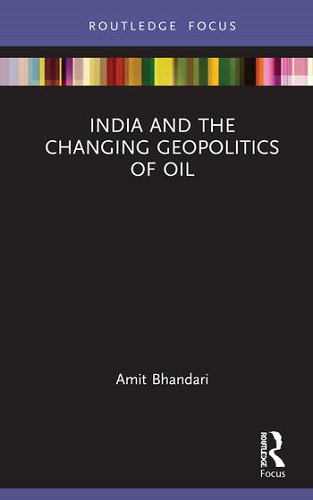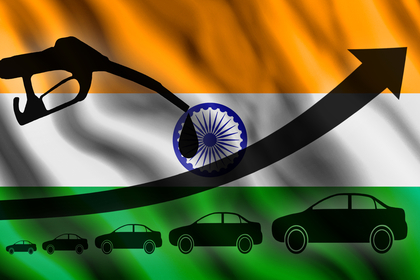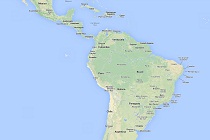Unfolding Geopolitics | Episode 2, Essequibo dispute: colonial shadows and resource riches
Venezuela's claim to the Essequibo region of neighbouring Guyana has focused world attention on yet another colonial-era border dispute. With elections coming up, the declining Venezuelan economy laying claim to newly-discovered rich oil and mineral deposits in Guyana has some traction. For Guyana, the claim to its land is non-negotiable as this developing country looks forward to accessing its own wealth. Purvi Patel, Visiting Fellow at Gateway House and Latin America expert, offers her insight.









